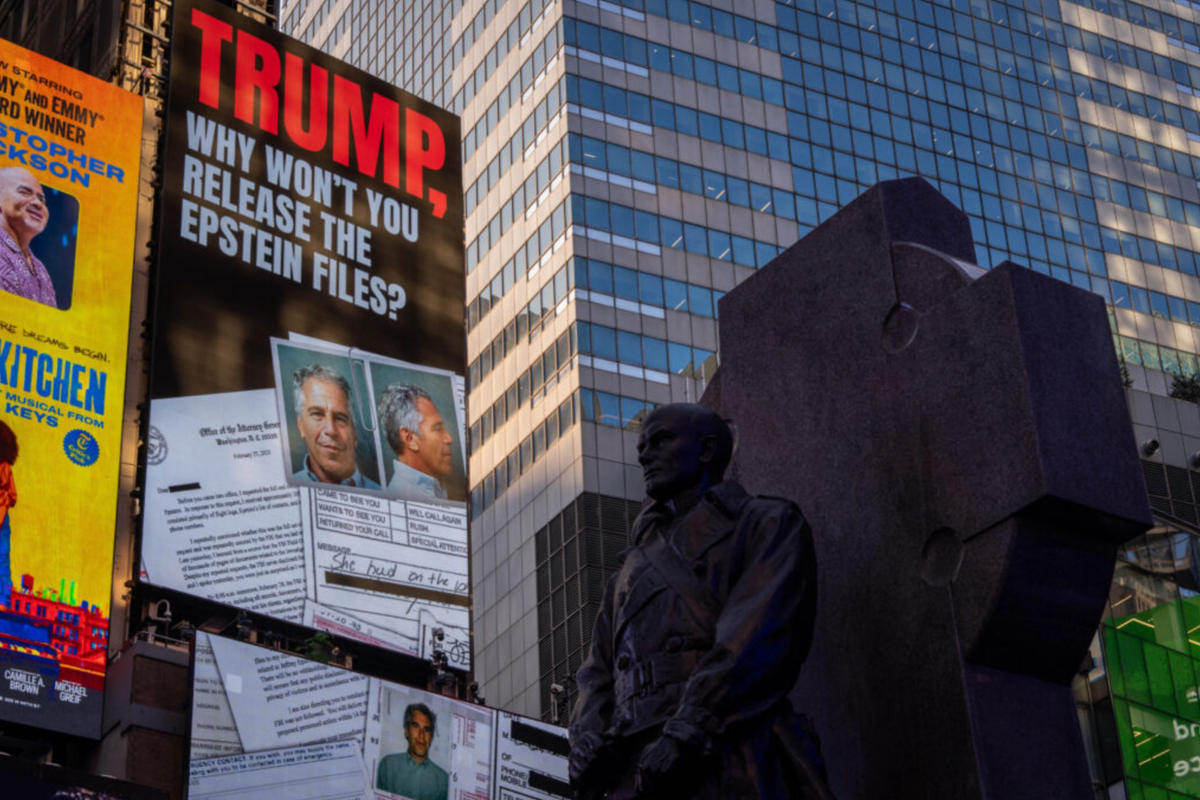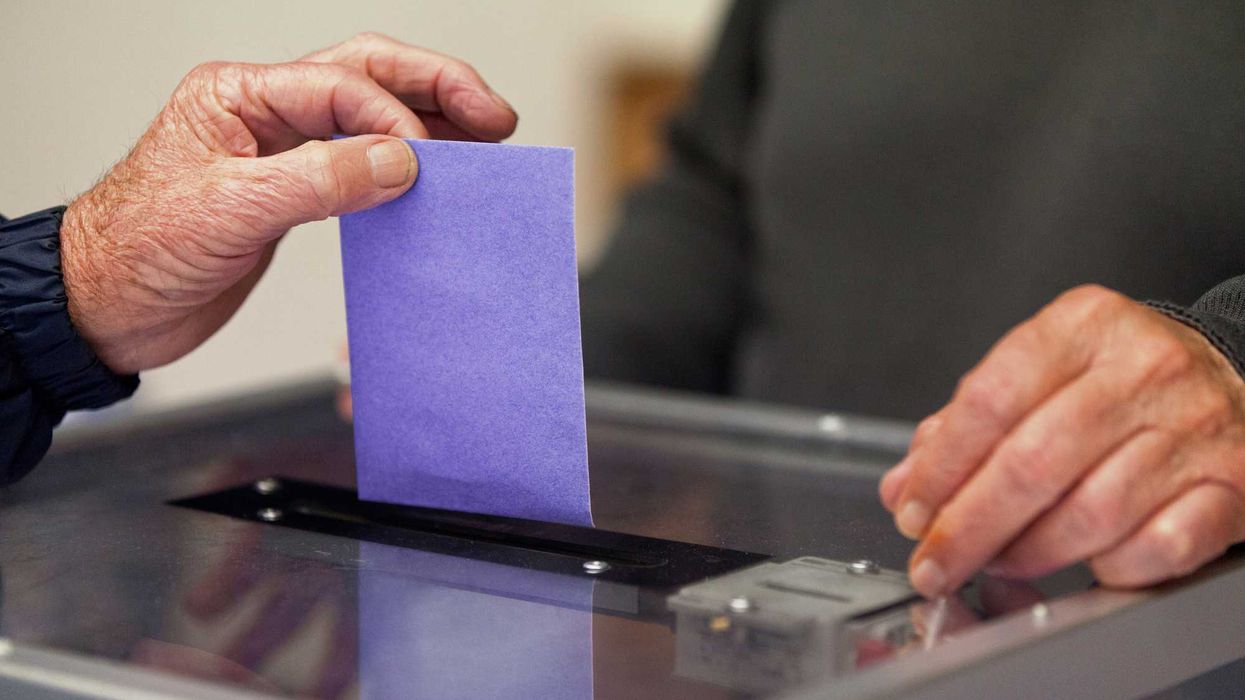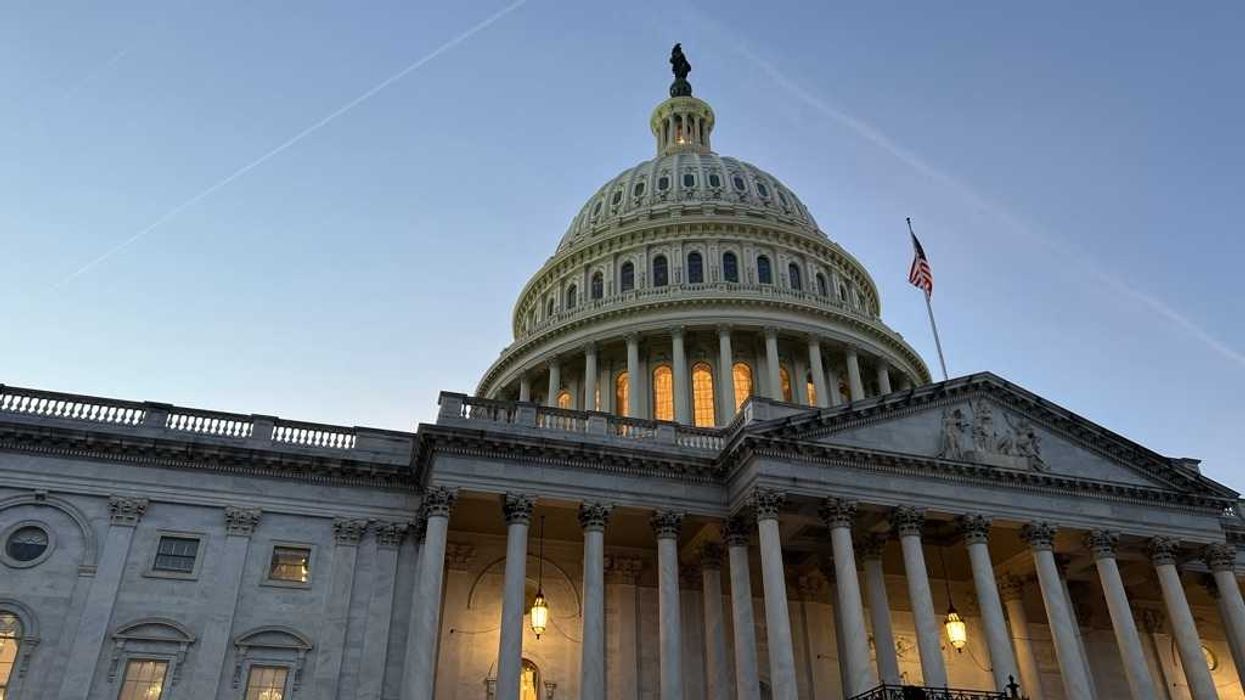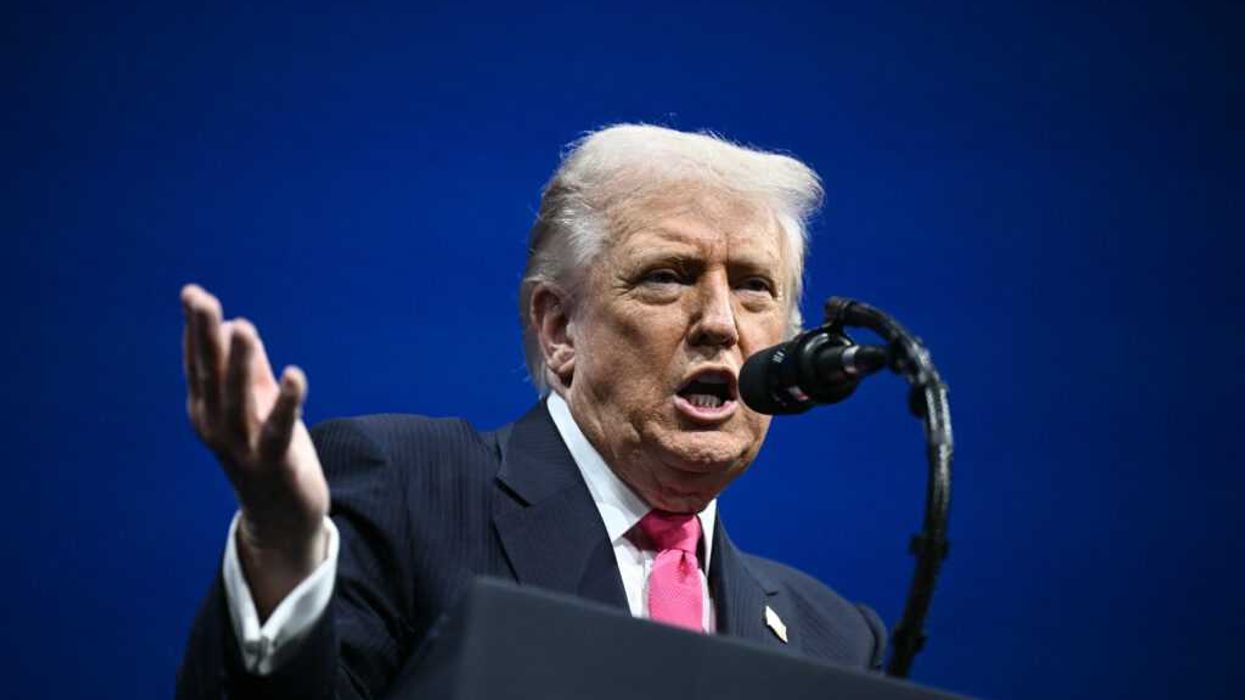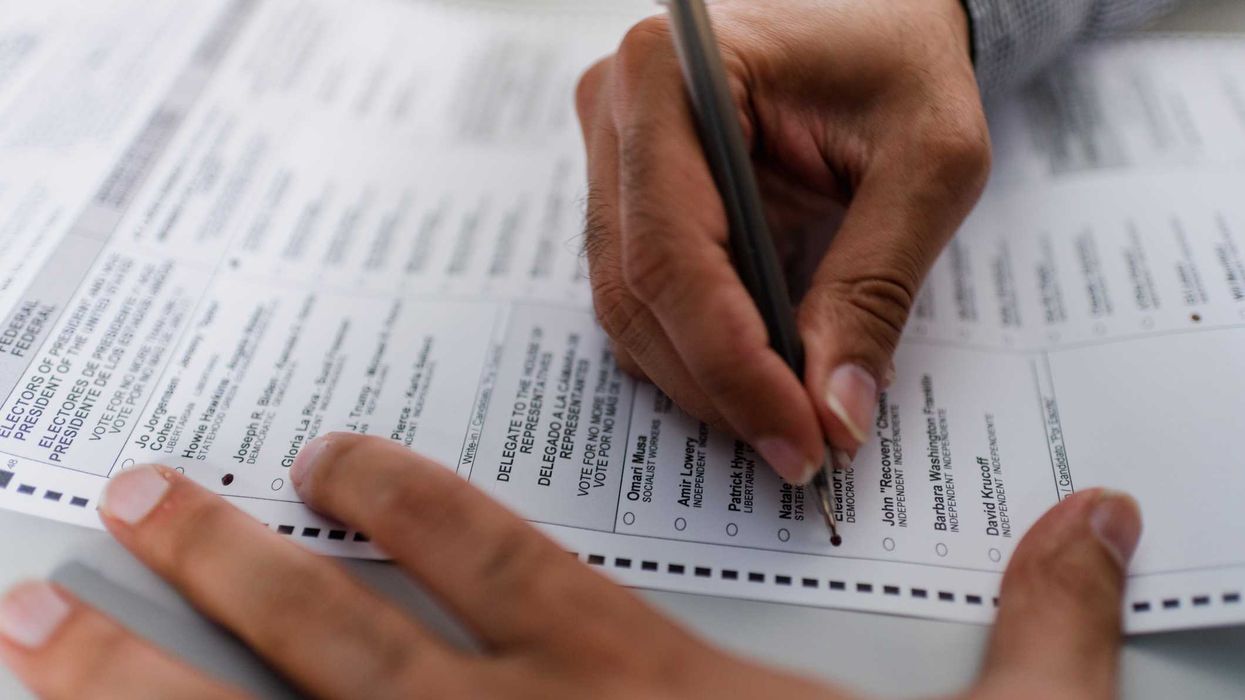In politics, attention is drawn to spectacle. Cable news runs endless loops of red-faced lawmakers clashing in hearings, while pundits dissect every gaffe and polling shift. Every election season becomes a staged drama, parties locked in opposition, candidates maneuvering for advantage. The players may change, but the script stays the same. Those in power know that as long as the public watches the visible fracas, the hidden machinery of control runs quietly, unexamined and untouched.
We are told the drama hinges on which party controls which chamber, which map shapes the advantage, and which scandal sidelines a rising star. These are presented as the key moves in the political game, shifting the balance of power. Every election is declared the most consequential of our time. But these claims are, in reality, crude distractions—very much part of the performance—while the real levers of power turn behind the scenes, where laws and policies shift with the choices of a few hundred individuals, each capable of tipping the balance with a single vote.
That discretion is the engine through which corruption spreads. Party leaders seize it with threats and promises. Donors buy its flexibility. Mapmakers rig it toward predetermined outcomes before any votes are cast. Gossip corrodes it. Personal ambition spends it. Wedge issues pit neighbor against neighbor, fracturing coalitions that might challenge it. All these distortions rest on one premise: The assumption that a legislator’s vote is theirs to give.
Do away with that discretion, and the machinery that runs on it begins to collapse. Picture a representative with no personal agency over how they vote, their ballot nothing more than the precise reflection of their constituents’ majority position on each measure. In such an arrangement, the whip has no sting. In fact, the whip itself magically vanishes. The gerrymander becomes a joke if the mapped voters’ will is mirrored exactly. Smear campaigns waste their venom, for there is no “character” left to assassinate that could change the outcome. Lobbyists arrive with fat wallets and find nothing to buy. And wedge issues lose their power to split if the people’s views on one matter do not dictate their fate on another.
The elegance of such an intervention lies in its trifecta superpower: Its eminent doability, its disproportionate effect, and its robustness.
To become a reality, the intervention has no impossible hurdles to overcome. No constitutional overhaul. No sweeping amendment. No billion-dollar reform package. No term limit legislation. Just one person, elected on the simple promise to serve as a conduit rather than a decider.
Second is that power in this arrangement is not linear. In a closely divided chamber, even one such member could tip the balance of the national agenda. A handful could upend it entirely. A single vote, if placed at the precise intersection of forces, can redirect the course of legislation. And when it is done not behind closed doors but openly, with the explanation plain—“I voted this way because that is what the majority of my constituents told me”—it exposes the fragile justifications that traditional politicians hide behind.
Such clarity spreads. People watching this model in action will see not just a different style of representation but the fact that literal representation is possible at all. This is dangerous knowledge to those who thrive on the belief that politics must be an art of dealmaking, that governing is a chess game whose rules they alone understand. Once the illusion breaks, more candidates will emerge to run on the same premise. No billionaires needed, no party infrastructure—only the recognition that the game’s rules can be rewritten from inside the game, one piece at a time. And history shows that the system is not so impenetrable: The elevation of Lina Khan to chair the FTC under Biden—despite corporations fighting her nomination tooth and nail—and the 2025 victory of Zohran Mamdani in the mayoral Democratic primaries are proof. That said, Khan’s work is now being methodically undone, while Mamdani is receiving only tepid support from the DNC, with his win threatened by both Andrew Cuomo and incumbent Eric Adams, both Democrats. The change proposed here guards against such undoing and undermining.
And third, once in place, the arrangement resists reversal. To take it away, the establishment would have to strip a representative of the duty to mirror their constituents’ will, doing so in full view of the public. It would require saying, in effect, “We are removing your voice from the process so that your representative may again act on their own, without your consent.” Even the most shameless would hesitate to mount such an argument without fear of political immolation.
Yet, we remain stuck in the stale dialectic between grand revolutionary fantasy and meek mock incrementalism. But the truth sits elsewhere, hiding in plain sight. Complex systems—ecological, economic, political—are riddled with points where a precise intervention unravels entrenched arrangements. These points are not obvious. They are masked by the churn of surface events, by the noise of the spectacle. They require patience to locate, courage to act upon, and an indifference to the glamour of more visible battles.
Mine is not a call for purity or idealism. Instead, it is a call for political precision engineering. The engineer looks for the load-bearing beam, the point at which a modest force will achieve maximum effect. In politics, that beam is the individual legislator’s discretion over their vote. Remove it, and the structural incentives shift. Remove it in just one place, and others will begin to see the blueprint for removing it elsewhere. The change need not come from the center outward. It can start at the periphery, at the edges where attention is thinnest, where the establishment is slow to notice that something irreversible has begun.
Of course, those who profit from the current order will insist that such a model is naive, unworkable, or dangerous. They will claim that the people are too ill-informed, too distracted, too prone to whim to be trusted with direct input on every measure. But that is precisely the point: They are already trusted with electing the people who pass these measures. What they are denied is control over the substance of what those people do once elected. The change would not be in the level of trust but in the location of agency.
In the end, the proposal is disarmingly modest: Find one person willing to stand as a pure mirror, to forgo the seductions of influence and personal judgment in favor of perfect fidelity to their constituents’ will. Let them serve not as a leader, but as a conduit. Watch the shift in power ripple outward, the old incentives wither, the lobbyists circle in frustration, and the wedge merchants howl as their knives dull.
We often speak of butterflies in politics, the small moments that change the trajectory of nations—a debate line, a protest, a scandal. But here the butterfly is not a metaphor, nor is it an accident. It is deliberate, positioned exactly where the storm will begin, not to be carried by the wind but to direct it. A light touch in the right place, and the whole weather of the system changes.
Ahmed Bouzid is the co-founder of The True Representation Movement.